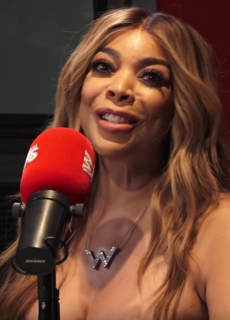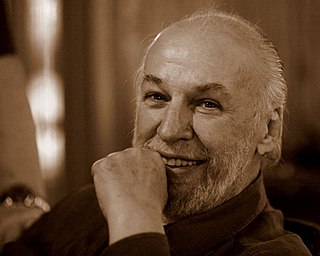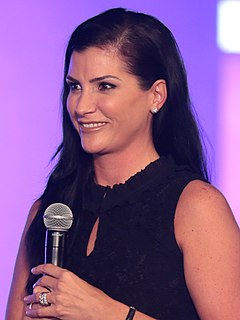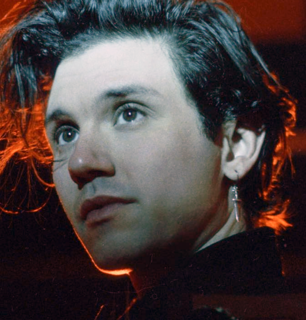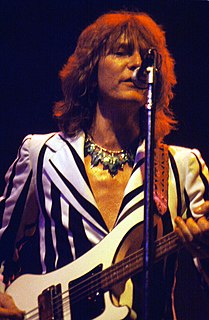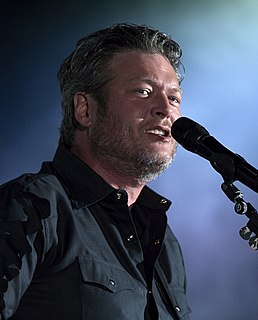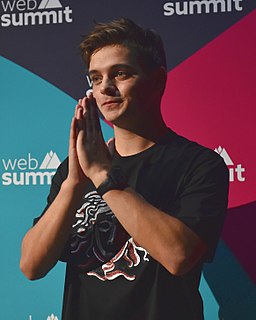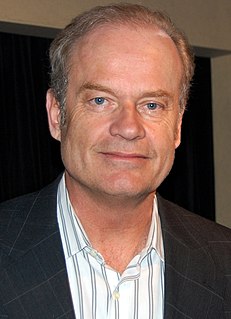A Quote by Wendy Williams
Well, there were definitely elements of my rise in radio that had to do with my being black. But going back as far as Walter Winchell, Army Archerd and Hedda Hopper, legendary wags would grab a radio microphone and talk about what Errol Flynn and other stars were up to.
Related Quotes
Listen- my relationship with radio on a personal level is nothing but a one way love-a-thon... I love radio, I grew up on radio. That's where I heard Buddy Holly, that's where I heard Chuck Berry. I couldn't believe it the first time I heard one of my records on the radio, and I STILL love hearing anything I'm involved with on radio, and some of my best friends were from radio. But we were on different sides of that argument, there's no question about that.
To be honest, the search for a label was really weird, because some of the labels that you wouldn't expect to care about stuff like radio formats were the ones that did care. They were like, 'Yeah, we love this record, but what are we going to play on the radio?' And I was like, 'You don't have bands on the radio.'
In the 1920s and 30s, when Radio Shack was young, a much earlier generation of nerds swarmed into these tiny shops to talk excitedly about building radios and other transmission devices. You might say that Radio Shack helped define gadget culture for four generations, from radio whizzes up to smartphone dorks.
College radio is a very important medium that needs to survive in difficult economic times when some stations are being sold off and shut down. College radio is the future for broadcasting stars and pioneers of tomorrow, and we as a band, Coldplay, support the vital mission of college radio and we also support College Radio Day, the day when college radio comes together.
The late '90s were a really bad time for people trying to be rock stars, you know what I mean? It seemed like everyone was a one-hit wonder on the radio. We had friends who had a hit single on the radio and sold 500,000 records, and then they couldn't get arrested a year later. I had this feeling at the time that that was not possible anymore, so the idea of becoming the biggest band in the country—it seemed laughable. I felt that having those sort of ambitions was foolish, because there was no way that was going to be possible. If you saw it that way, you were just deluding yourself.
'Boneless,' even though we were thinking about servicing it to radio, it made more sense putting a vocal on there. This was actually the first time that I really looked at doing a song for radio and kind of let go of some control and listened to a lot of different radio pluggers and had Ultra come in and help out with ideas.
When I hear other artists talk, they talk about 'How come radio's not playing my song?' Well, you have to look at it under a microscope and know that each station is just trying to do what's right for their market, and it's scary for a radio station to add a song that they don't know how well it's gonna do for them.
